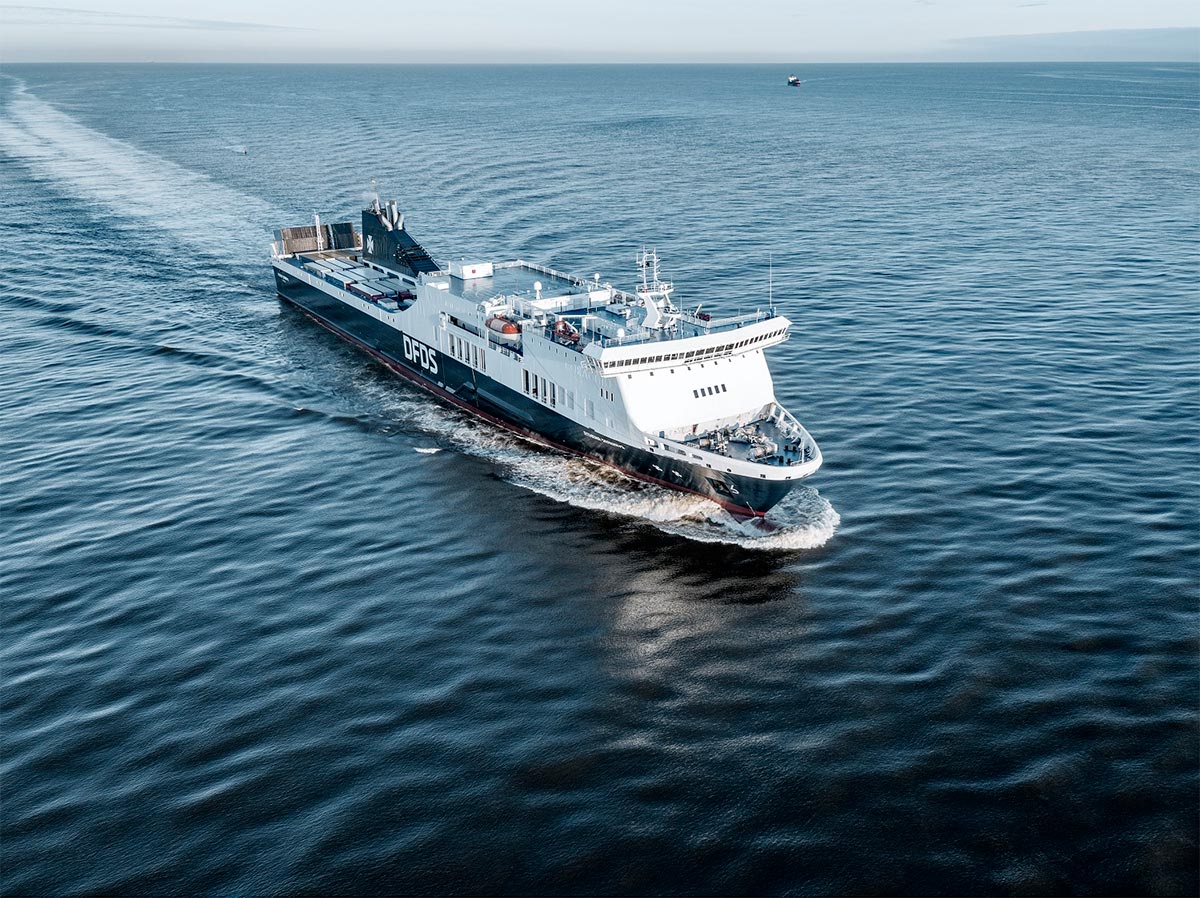Alarm management practice at sea: Existing challenges and potential solutions
Task leader: DFDS
Background for the work
There are numerous examples of maritime accident reports in which existing alarm management practices – in particular the quantity of alarms and the quality of alarm systems—have been deemed to be more of a burden than a benefit (see e.g. the Danish Maritime Accident Investigation Board’s (DMAIB) accident report for Stena Scandica 2022 and Emma Maersk 2013). This is expected to become an increasing problem with the development of green fuels, due to the chemical nature of the fuels where latency times and consequences are significantly higher. In adjacent industries, such as the nuclear power and process industries, there are already examples of international standards that set requirements for the quality of alarms, and especially the response times associated with them. Although these standards have been used for years with great success, similar standards are still lacking in the maritime industry.
Project
Drawing on relevant alarm standards that have been developed in maritime-adjacent industries, the project will examine how alarm management practice at sea can be improved; in particular how the response time of safety actions can be used as a design criterion in the validation of alarm systems. Additionally, the project will utilise state-of-the-art full-mission simulators as an exploratory testing environment.
Expected results
The project is expected to contribute new knowledge regarding current problems in and potential solutions to alarm management practices at sea, thereby propelling the maritime industry to move closer to establishing widely recognised technical commonalities and standards. Specifically, the project will seek to assess the extent to which the alarm standards from relevant adjacent industries can be used in the maritime industry; full-mission simulators will be used as a scientific method to develop and validate the transferability of adjacent standards to the maritime industry; and the “timeliness” of alarms (timeliness criterion) can be established with scalable methods for predictable safety events at sea.
Task partners
DFDS
Lloyd’s Register
Blue Stamp
Aarhus School of Marine and Technical Engineering
Frederica College of Marine and Technical Engineering
IT University of Copenhagen
